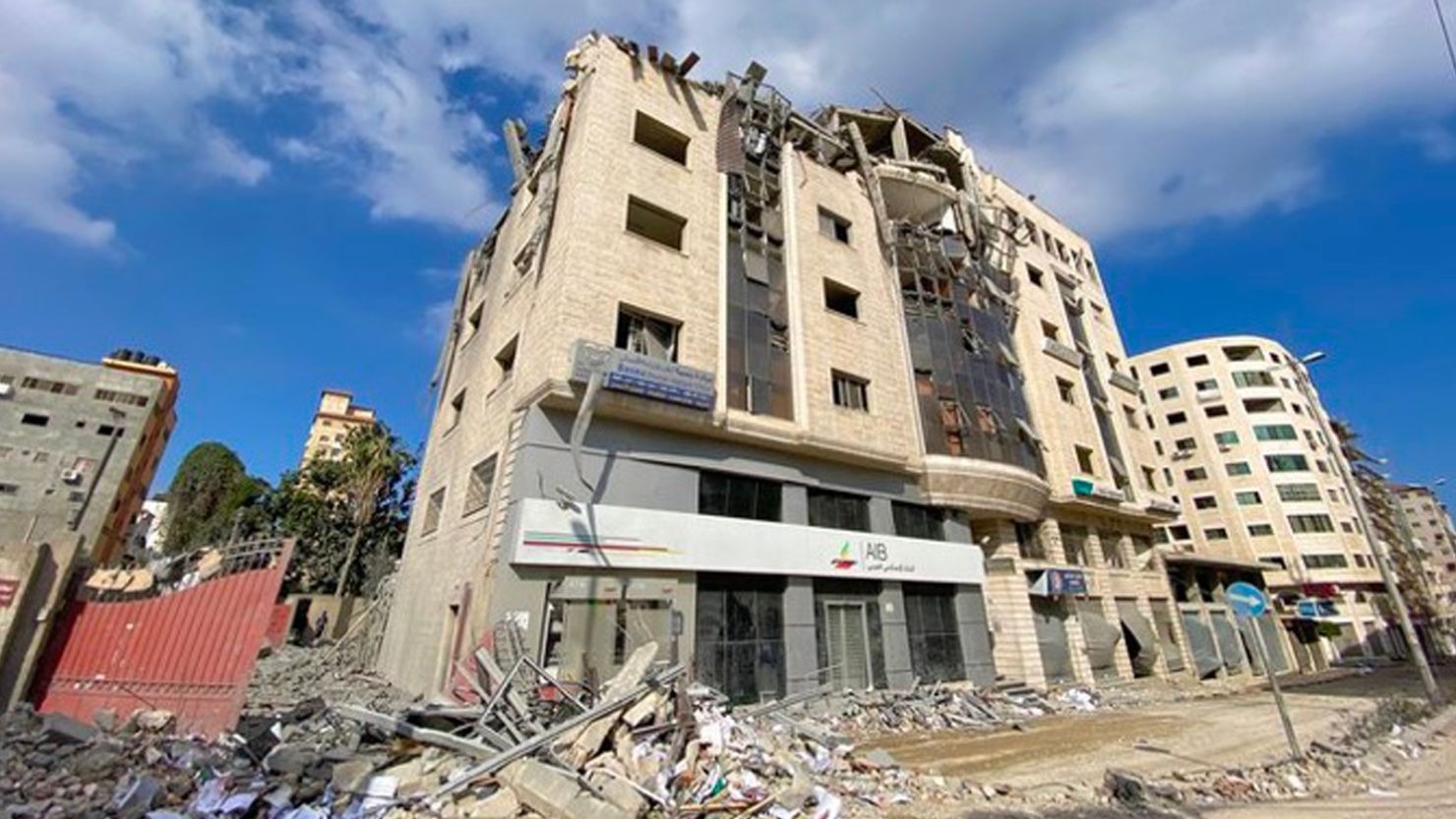The International Rescue Committee (IRC) reported that an Israeli airstrike on January 18 targeted a facility where its emergency medical team in Gaza was stationed.
While there were no casualties, several staff members sustained injuries, and the building suffered damage, compelling the IRC to relocate six additional staffers from Gaza.
An independent assessment by the United Nations determined that the damage resulted from an airstrike, likely involving a GBU32 (MK83) missile package.
The IRC asserted that the Israeli military is the sole armed actor in Gaza with access to this weaponry. The facility also accommodated members of Medical Aid for Palestinians, an organization providing medical services in Gaza, including surgeries.

This incident raises concerns about the procedures Israel follows to avoid striking aid organizations or hospitals during military operations.
The IRC, along with other aid organizations in Gaza, communicated their GPS coordinates through the deconfliction process, a system that enables Israel to collect aid organizations’ coordinates to prevent inadvertent strikes. The British government reportedly confirmed on December 22 that the compound was registered as a “sensitive site.”
However, aid groups argue that this patchwork system has proven ineffective in the current Gaza environment. Despite providing coordinates to Israel and the United Nations, aid organizations continue to experience bombardments, prompting some to explore alternative measures to protect their staff.
Some organizations have resorted to sending their locations to U.S. congressional offices, which then relay the coordinates to their contacts in Israel.
Recognizing the challenges, the U.S. and the United Nations have made urgent efforts in recent weeks to enhance the system, aiming to minimize civilian casualties and safeguard aid groups. Senior Biden administration officials have emphasized collaboration with Israel to establish safe spaces for Gazans to seek refuge and access aid.


